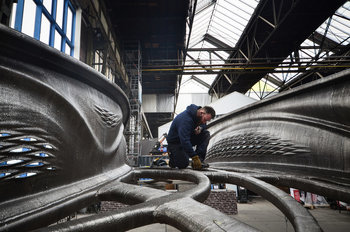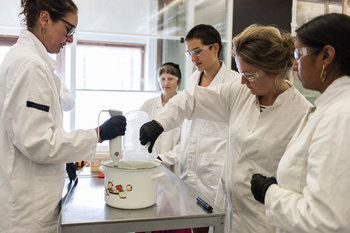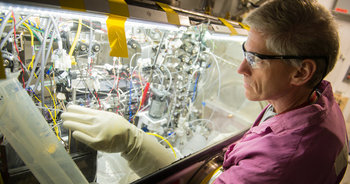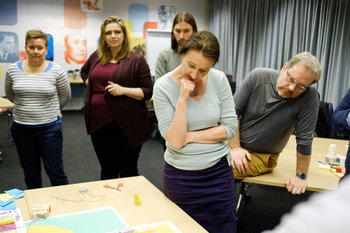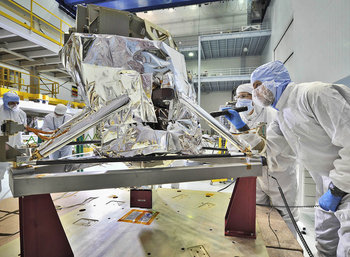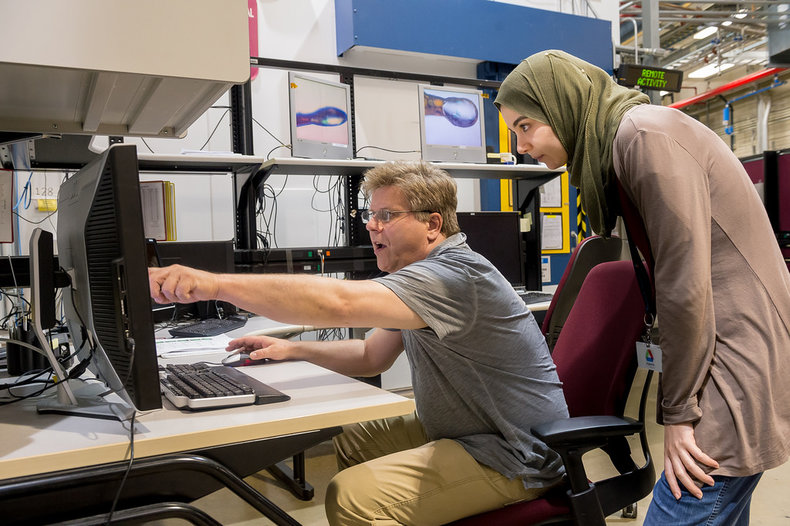
Concept
Developing foundational ideas as a starting point for research. This can be a direction, mission, vision, question, thought experiment or assumption.Experimentation
Designing and executing experiments to develop understanding of a problem space or solution space.Analysis
The process of interpreting evidence and observations. Analysis can also apply to other elements of the development process such as analysis of requirements.Knowledge
Discovering, developing, preserving, sharing and using knowledge. Research is designed to have unique value such that it adds to the existing body of knowledge in an area. This requires extensive understanding of the current state of research in a particular area.Design
The process of creating new systems, processes, methods, products, services, components and communications. This includes designing the outputs of research and development and using design as a thought process for solving problems.Product Development
The end-to-end process of designing, producing and marketing a new product or service.Improvement
Research and development is often intended to improve existing products, services, processes and methods. This may involve engaging lead users who are pushing products and processes to their extremes to discover new ways of looking at quality and performance.| Overview: Research & Development | ||
Type | ||
Definition | A process of exploration, investigation, experimentation, analysis and design that is used to create non-obvious leaps forward in knowledge, goods, services and processes. | |
Related Concepts | ||














